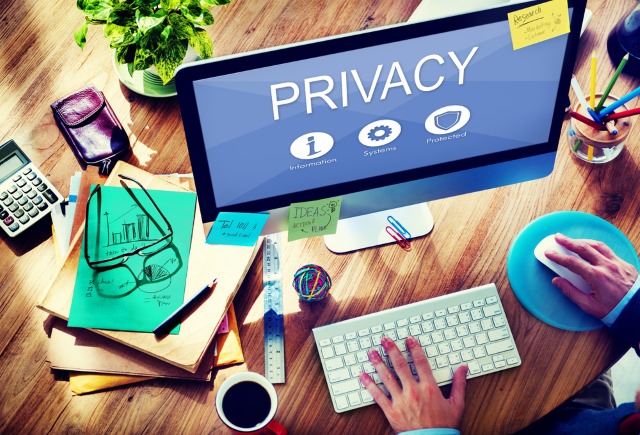Brits willing to trade privacy for safety

Two thirds of the UK’s general public would feel more safe if digital communications were unencrypted, according to a new report by Cable.co.uk. The argument?
If the government could access our communications, it would be able to intercept messaging between terrorists plotting new attacks.
Out of 2,000 UK adults polled for the report, less than a fifth (18 percent) say they believe the general public’s privacy is more valuable than organizations having power to access messages sent through apps like WhatsApp.
Half (51 percent) say removing encryption would make them feel safer while 25 percent say they’d feel less safe, mostly because hackers would be able to intercept messages, too.
Men (23 percent) seem to value digital privacy more than women (14 percent), and when it comes to Millennials (25 - 34 year-olds) 26 percent felt digital privacy was more valuable than security. Among the populace of 55+ 10 percent shared the same sentiment.
"I find it fascinating the general public is largely willing to hand over unprecedented surveillance powers to the government in an attempt to address a danger statistically on equal footing to that posed by bees," comments Dan Howdle, consumer telecoms analyst at Cable.co.uk.
"It's also a futile gesture. If commonly used apps such as WhatsApp and others are compromised in this way those who have the intent to do harm will simply use something even more secure. The government's call to access private messages is like decreeing all spoken conversations must be shouted -- those who have nothing to hide will comply, while those with nefarious intent will whisper beyond our view."
Published under license from ITProPortal.com, a Future plc Publication. All rights reserved.
Image credit: Rawpixel.com / Shutterstock
